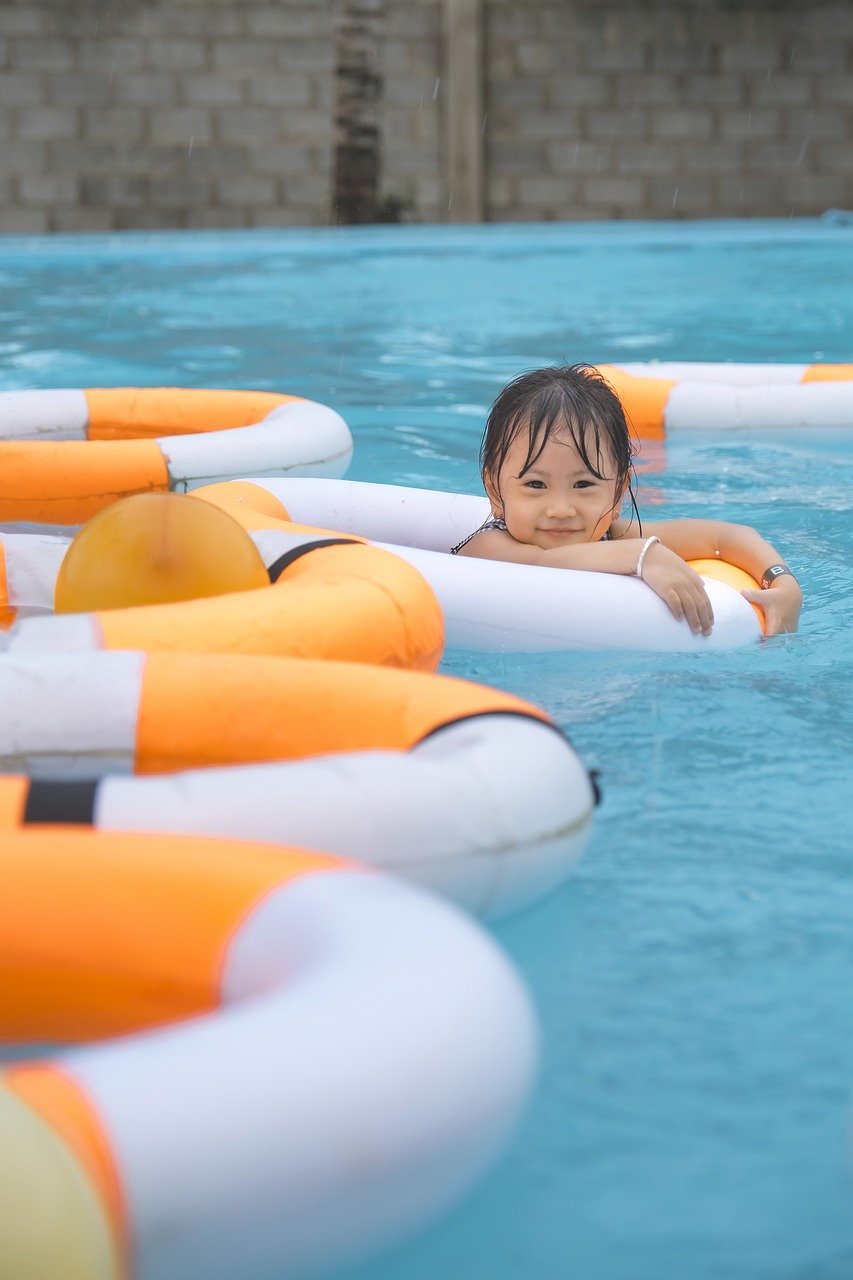Imagine a perfect summer day: the sun is shining, the birds are singing, and your child is happily playing in the pool, their laughter echoing in the warm air. Suddenly, the idyllic scene is disrupted. Your child swallows a gulp of pool water, and a few hours later, they feel unwell. As panic starts to set in, remember, you’re not alone in this. In this comprehensive guide, we’ll walk you through the steps to manage this situation effectively and discuss why, in many cases, choosing an urgent care center over an emergency room is a sensible decision.
Recognize the Symptoms
First and foremost, it’s essential to understand the symptoms your child may exhibit. These can range from mild nausea, vomiting, and diarrhea to stomach cramps and fatigue. It’s important to remember that while these symptoms can be alarming, in most cases, they are manageable.
Understanding the Risk
Pool water, despite chlorination, can contain various chemicals and microorganisms. While the chlorine in pools is designed to kill germs, it’s not always immediate or 100% effective. This means swallowing a significant amount of pool water can lead to recreational water illnesses.
3 Pool Water Facts You Probably Didn’t Know
- The presence of Cryptosporidium, a chlorine-resistant parasite. Cryptosporidium can survive in chlorinated pool water for days and is known to cause severe gastrointestinal illnesses, like cryptosporidiosis, which leads to diarrhea, stomach cramps, and vomiting.
- While chlorine is essential for keeping pools clean, it can react with substances like sweat, urine, and body oils, forming harmful byproducts known as chloramines, which can cause respiratory issues, skin irritation, and exacerbate asthma.
- Pools can harbor harmful bacteria like E. coli, Legionella, and Pseudomonas aeruginosa. These bacteria can cause various illnesses, from gastrointestinal infections to Legionnaires’ disease, a severe form of pneumonia, and skin rashes.
At-Home Care Strategies
One of the quickest ways to handle this situation is to start with at-home remedies:
- Ensure your child is well-hydrated. Dehydration can occur rapidly, especially in young children. Offer clear fluids like water, broth, or an electrolyte solution.
- Avoid sugary drinks as they can exacerbate diarrhea.
- Encourage rest, as their body needs energy to recover from the stress of illness.
When to Seek Medical Attention
Monitoring your child’s condition is crucial. If the symptoms are mild and seem to be improving, continue with at-home care. However, if your child’s condition doesn’t improve within 24 hours, or if they exhibit severe symptoms such as a high fever, bloody stools, persistent vomiting, or intense abdominal pain, it’s time to seek medical attention.
Choosing the Right Care Facility
Urgent care centers are an excellent option when emergency care isn’t necessary. They’re equipped to handle non-life-threatening illnesses and injuries, offering shorter wait times and often a more cost-effective solution compared to emergency rooms. They’re staffed with qualified healthcare professionals who can provide the necessary treatment and advice.
Locating Urgent Care
For future ease, take a moment to do a Google search for a ‘medical center near me.’ This search will provide you with a list of nearby urgent care facilities. Knowing the locations of these centers in advance can be a lifesaver in a time-sensitive situation.
Preventive Measures for the Future
This experience can serve as a valuable lesson in pool safety and hygiene. Educate your child on the importance of not swallowing pool water. Discuss safe swimming practices and consider swimming lessons if you haven’t already. It’s also wise to check the pool’s maintenance, especially if it’s a home pool, to ensure it’s chemically balanced and clean.
Conclusion
As parents, we naturally worry when our children are ill. However, understanding how to handle such situations can make all the difference. In cases where emergency care is not necessary, remember that urgent care centers are an excellent resource. They provide professional medical attention with minimal waiting and are often cheaper than emergency rooms.
